Supercell need no introduction, of course. They’re the creators of Clash of Clans, one of the best loved mobile games in the world, making them one of the most high-profile developers and publishers in the world. Perhaps, alongside Rovio, they’re the reason that Finland is known as ‘the home of mobile gaming’.
However, in addition to crafting they’re own smash hits they’re also prolific investors into smaller developers and – interestingly – rather than fold this talent into an increasing internal studio they chose to keep these companies independant, occasionally even funding their own dev teams to set sail and stride out on their own as independants.
“We want to have long-term relationships with all of the teams we invest in. We’re not looking to ‘cash out’ as soon as possible, but rather to develop partnerships that will last for years and years,” the company states on their website.
It’s an approach that’s distinct from the usual cutthroat M&A world we’re used to. Where most smaller studios are gobbled up and all-too-often spat out once they’re used up. Supercell are content to take a hands-off approach all the while employing a ruthless focus on the games they produce internally.
Best of both worlds?
It’s an interesting dual strategy. For a company as big as Supercell, bringing these sorts of studios into the fold proper would require shuffling and reorganisation. So why run the risk of stifling innovation when a simple investment lets the core company gain the financial benefit while delivering the right amount of creative freedom and headspace to focus on their own next megahit.
It’s both shrewd and noble, and a refreshing difference. It also means that if these companies do face difficulties, Supercell is only on the hook for their investment, which – given their rep for picking the best – they would almost certainly have already made back It reduces liability, and gives those investees more freedom to act.
As we noted in our first breakdown of Supercell’s investment tactics way back in 2018, “Akin to those free-range parents who encourage independence in their offspring, the additional fact that unlike all other investors, Supercell’s future well-being isn’t dependent on any of its companies generating returns makes for a curious situation.”
So who are the chosen ones (and what might a company have to do to get Supercell a-knocking)? Here’s the rundown:
Space Ape
Space Ape, the developers of hit game Beatstar, Space Ape received investment totalling $55.8m for a 62% stake from Supercell in 2017. Having long been in the difficult strategy game market, this investment sparked a major surge of creativity for the company, with the company launching the wildly different Super Karts and Fastlane: Road to Revenge in 2016 and 2017 respectively.
Of course the big hit for Space Ape so far has been Beatstar, a game which accrued millions of downloads and awards. It’s a far cry from their first strategy titles and a major indicator of just how far the shot in the arm of investment can take a company.
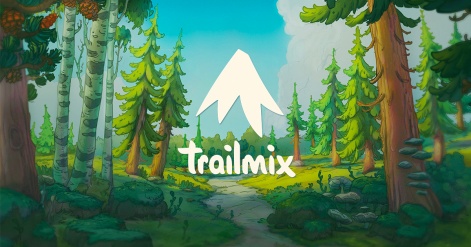
Trailmix
2018 saw Supercell invest $4.2m into London-based developers Trailmix. They would also go on to acquire a $60m majority stake in the company in 2022, only four years later.
CEO of Supercell Ilkka Paananen commented “We’ve been very impressed with the vision that Carolin and Tristan have for Trailmix. They have a true passion to push boundaries in the casual games genre and bring something completely new to the market.
“At Supercell, we believe that building great games is all about the best teams and great culture. Tristan and Carolin have already done this once and now they will do it again, just better. They are one of the great examples of why London is such a great city to build games in. We are very happy to be part of this new journey of theirs,” he added.

Channel37
This studio specialises mainly in PC titles and is partnering with Supercell on an as-yet-unannounced title for the platform.

Clockwork Labs
Creators of the upcoming Bitcraft MMORPG, Clockwork Labs have been a recipient of investment by Supercell and also recently received $22m in a new funding round.
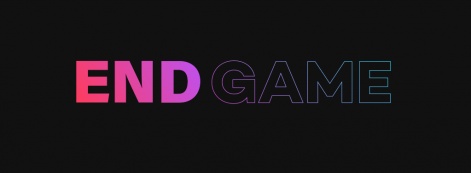
End Game Interactive
Raising $3m from Makers Fund and Supercell, End Game Interactive are focused on their newest title Fate Arena, a multiplayer auto-battler.

Games for Living
A web3 studio specialising in blockchain games and other cutting-edge technologies being utilised in around gaming industry. Watch this space.
HypeHype (formerly, Frogmind)
Supercell’s first major investment was into Badlands creator Frogmind in 2016 for a 51% stake in the company. Located in Helsinki, this studio produced the 2013 Apple Game of the Year award winner Badlands and the follow-up Badlands 2 and Badlands Brawl. CEO at the time Johannes Vuorinen commented on how Supercell meshed with their own company.
“Supercell also understands our culture and the way we make games. It’s actually very similar to theirs, having small talented independent teams with no middle management aiming to make the best games in the world,” he wrote on their site.
“Like BADLAND which was initially made by the two of us, our new games are also being developed by small and effective teams of three to five people.”
Most recently in 2019, Rumble Stars Football proved to be a big hit for Frogmind. While their next major project is the mobile game creation platform HypeHype, the name which Frogmind themselves now go by.
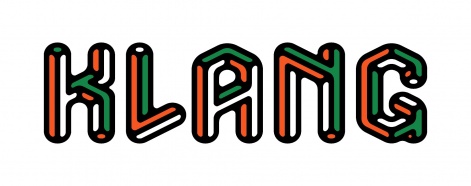
Klang
Another web3 studio that raised a very respectable $41m in a funding round contributed to by Supercell.
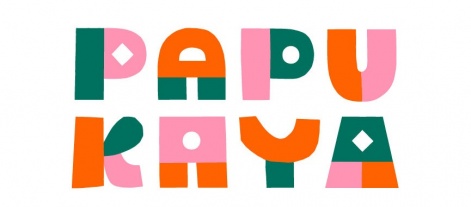
Papukaya
This studio raised $3.1m from Supercell in order to create games catering to a softer, “non-gamer” audience.
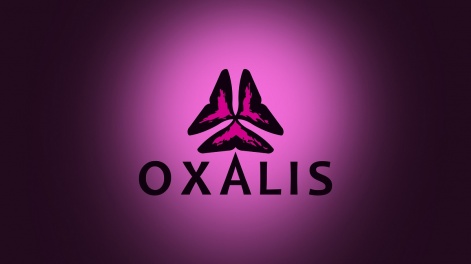
Oxalis
This was Supercell’s first foray into NFT gaming which raised $4.5m for the UK-based studio.
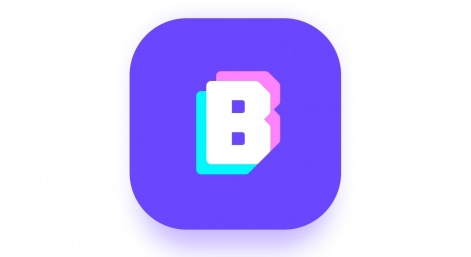
Bunch
Bunch produces…well, “Bunch”, specifically the 1.0 and 2.0 versions. The first iteration was a basic video chat app for games, while the latter takes a fully metaverse approach complete with avatars. It’s worth noting that Supercell’s investment and partnership with Bunch extends to their marketing material as the playing of Brawl Stars through the app can be seen in some screenshots.

Quago
Although there’s not much information floating around about Quago, the Israeli-based studio is apparently working on “the next-gen engine for player insights.”

Ritz Deli Games
Aside from having a pretty interesting name, Ritz Deli is another mystery, although their site indicates they’ll be “serving up fun soon.”
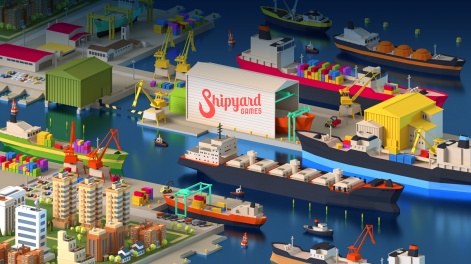
Shipyard Games
Specialising in location-based gaming, Shipyard Games raised $2.9m from Supercell back in 2017 and was the second-such deal for the company.

Metacore
Metacore contributed to Supercell to the tune of $180m in 2021, much larger than its initial investment into Metacore of $25m. The credit helped to scale Merge Mansion which has of course turned out to be one of Metacore’s biggest hits, and in many ways could be said to have if not saved then at least boosted it majorly.
More recently Metacore took on Supercell’s own cancelled Everdale, and interesting move indicating that while the new game didn’t make the cut for the laser-focused Supercell they clearly didn’t see it as a lost cause, merely a WIP that would be best looked by their buddies elsewhere.

Ultimate Studio
Backed by Supercell, Ultimate Studios recently launched its first title in the form of Hot Lap League. The studio was founded by ex-EA alumni.
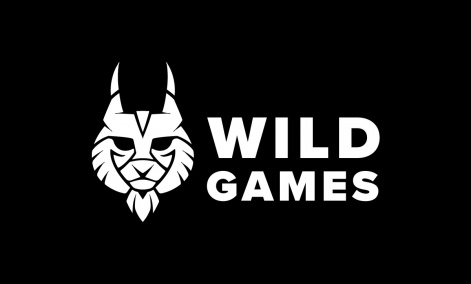
Wild Games
Another studio consisting of industry veterans, they also modelled themselves after Supercell in terms of working practices. Small wonder then that they also secured backing from their inspiration.

2up Games
Receiving an investment of $2.8m from Supercell, 2up Games originally specialised in co-op mobile titles but is now utilising AI as part of its development. Another new innovation that Supercell has got its foot in via one of their investees.
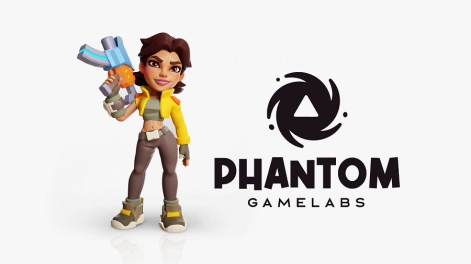
Phantom Gamelabs
Phantom Gamelabs is the most recent recipient of the Supercell dollar. Will we see them release a hit on the same level as Merge Mansion or Beatstar? We (and Supercell) certainly hope so.
